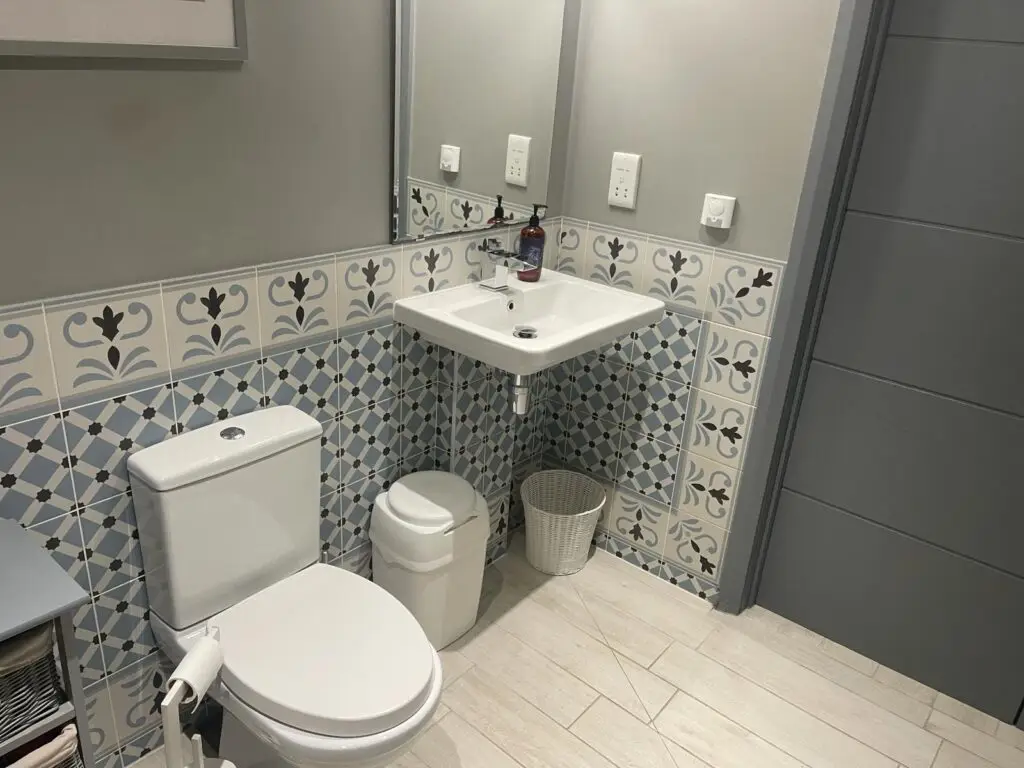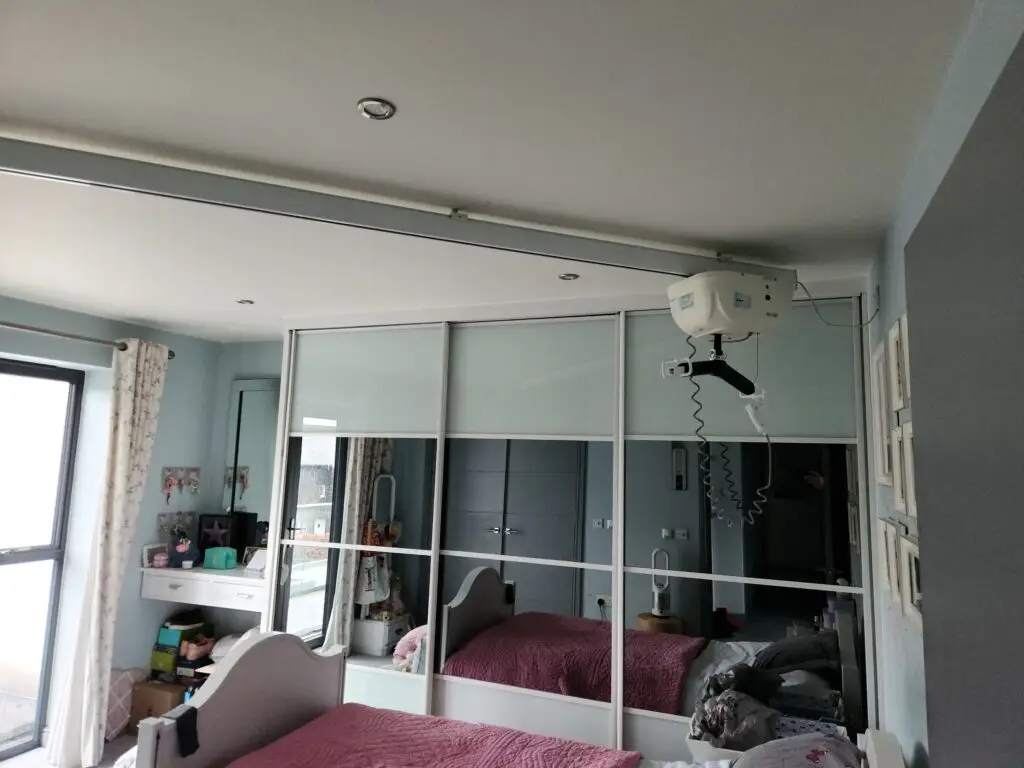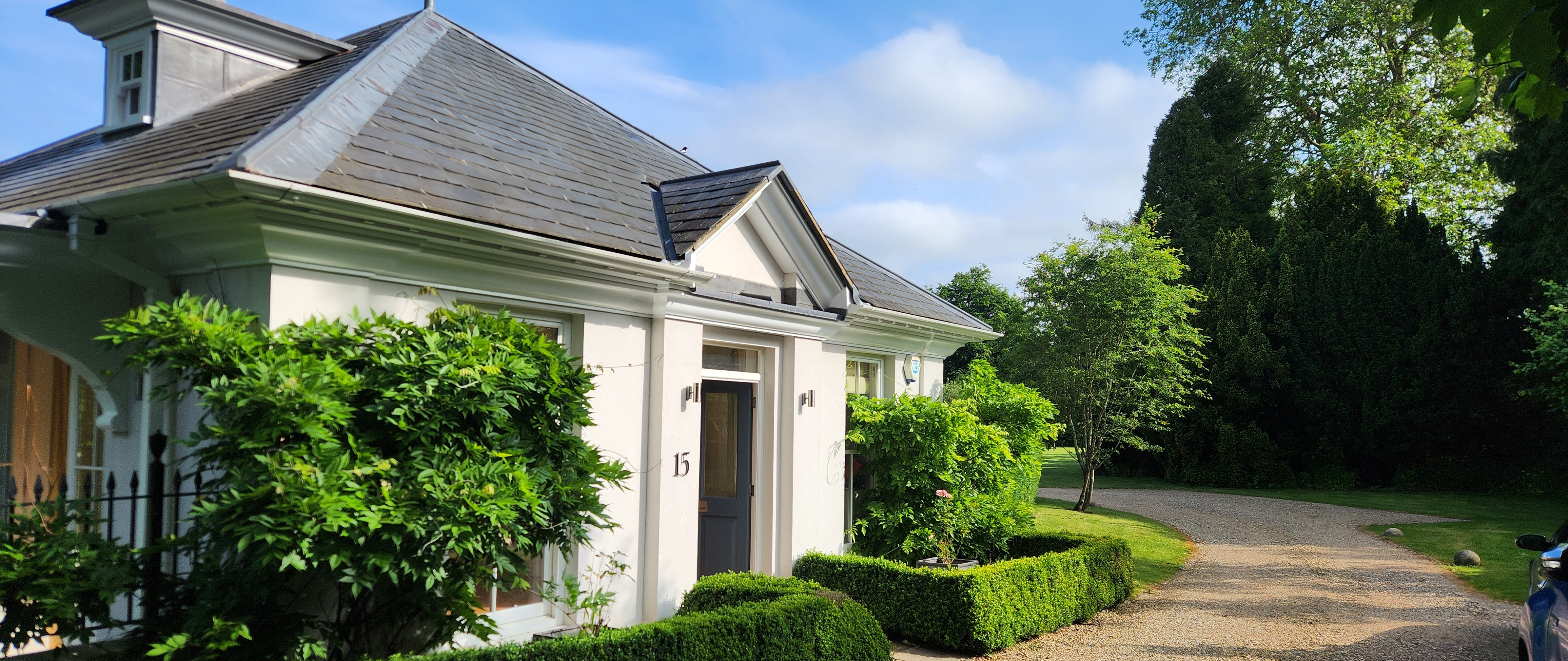Transforming Your Home for Inclusivity and Accessibility
When we think about home improvements, it’s often about aesthetics or increasing property value. However, making thoughtful adaptations to your home can significantly enhance your happiness, wellbeing, and overall quality of life. For many individuals, especially those with mobility challenges or disabilities, these adaptations can make a world of difference, transforming a house into a truly accessible and inclusive sanctuary. Here’s how making your home more adaptable can positively impact various aspects of your life.
Enhancing Happiness and Wellbeing
Your home is your sanctuary, a place where you should feel safe, comfortable, and happy. Small adaptations can greatly improve your daily living experience:
Ergonomic Design: Incorporating ergonomic furniture and fixtures can reduce physical strain and promote comfort. Adjustable countertops, wheelchair accessible sinks, pull-down shelves, and easy-to-reach storage make daily tasks easier and less stressful.
Natural Light and Ventilation: Improved lighting and ventilation can enhance mood and energy levels. Installing larger windows, skylights, or even smart lighting systems that mimic natural light can have a profound effect on mental health and wellbeing.
Boosting Physiotherapy and Rehabilitation
For those undergoing physiotherapy or rehabilitation, home adaptations can facilitate recovery and enhance therapeutic practices:
Therapeutic Spaces: Designating areas for physical therapy equipment, such as exercise mats, resistance bands, stationary bikes, or a full at-home gym, can encourage regular use and consistent therapy routines.
Hydrotherapy Options: Installing a home hydrotherapy pool can aid in physical therapy, offering low-impact exercise options that are gentle on joints and muscles.
Promoting Inclusivity
An inclusive home is one where everyone, regardless of age or ability, feels welcome and can participate fully in household activities:
Universal Design Principles: Implementing universal design principles ensures that your home is accessible to all. This includes wider doorways, anti-slip flooring, lowered switches and counters, and barrier-free bathing. These changes not only help those with disabilities but also make the home more accommodating for elderly family members and young children.
Smart Home Technology: Utilising smart home technologies, such as voice-activated assistants, automated lighting, alarm systems and smart thermostats, can make the home environment more manageable for individuals with various needs.

What's Your Vision?

Enhancing Accessibility
Accessibility is key to ensuring that everyone can navigate and use their home safely and independently:
Ramps and Stairlifts: Installing ramps or stairlifts can make multi-level homes accessible to those using wheelchairs or mobility aids. This change removes the barriers posed by stairs and allows free movement throughout the home.
Lifts and H-frame Hoists: Adding residential lifts or H-frame hoists provides essential assistance for individuals with mobility challenges. These devices facilitate smooth movement between floors and rooms within your home. Hoists can help with safe transfers from one area to another, whether it be to a wheelchair, swimming pool, bed, or movement to an entirely different room, significantly enhancing overall accessibility and comfort.
Grab Bars and Handrails: Strategically placed grab bars and handrails in bathrooms, hallways, and other key areas can provide additional support, reducing the risk of falls and increasing confidence in moving around the house.
Accessible Bathrooms: Adaptations such as wet rooms, roll-in showers, adjustable showerheads, walk-in baths, power assisted changing beds and raised toilet seats make bathrooms safer and more accessible, fostering independence in personal care routines.
Fostering Emotional Wellbeing
A home that accommodates your needs can significantly boost your emotional and psychological wellbeing:
Sense of Independence: Making your home accessible can restore a sense of independence and dignity, especially for those who rely on others for assistance. This empowerment can lead to greater self-esteem and a more positive outlook on life.
Peace of Mind for Families: For families, knowing that their loved ones are living in a safe and accessible environment brings peace of mind. It reduces the stress associated with worrying about potential accidents or the need for constant supervision. Family members’ or carers’ daily tasks can be made easier to carry out, providing them with comfort, knowing that they are offering the best assistance or environment.
Conclusion
Adapting your home to better meet the needs of its occupants can greatly enhance happiness, wellbeing, and overall quality of life. Whether through simple modifications or more extensive renovations, creating an accessible and inclusive environment fosters independence, promotes physical health, and nurtures emotional wellbeing. At Finsdale Construction, we are dedicated to helping you make these important changes, ensuring your home is a place of comfort, safety, and joy for everyone, while maintaining a consistent and aesthetically appealing appearance.
By making these thoughtful adaptations, you are not just improving a structure; you are creating a home that truly supports and enriches the lives of its inhabitants. If you’re considering making your home more accessible, contact us [email protected] for a consultation. Let us help you transform your home into a haven of inclusivity and happiness.
Related Posts
To provide the best experiences, we use technologies like cookies to store and/or access device information. Consenting to these technologies will allow us to process data such as browsing behaviour or unique IDs on this site. Not consenting or withdrawing consent, may adversely affect certain features and functions. Cookie Policy



